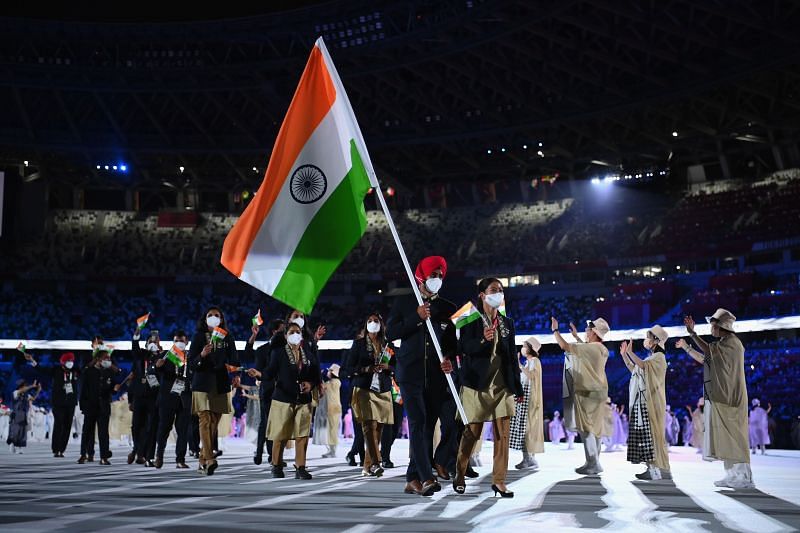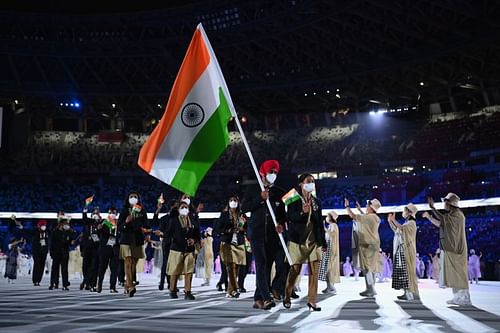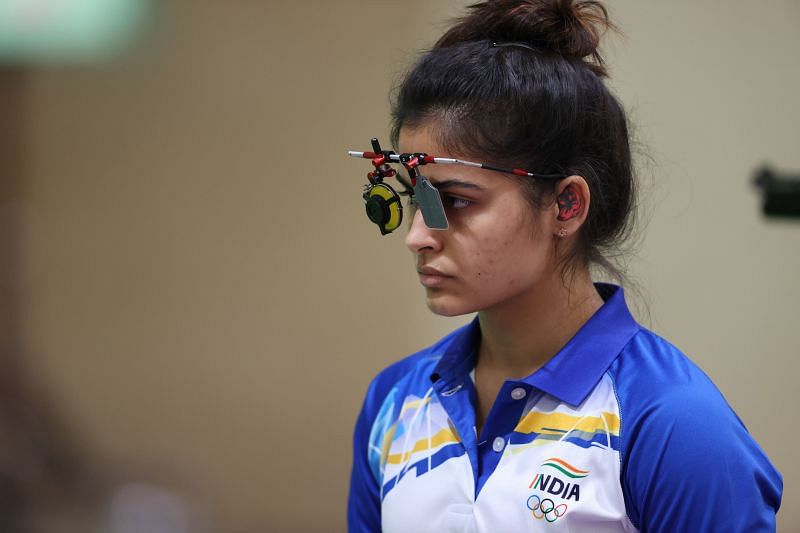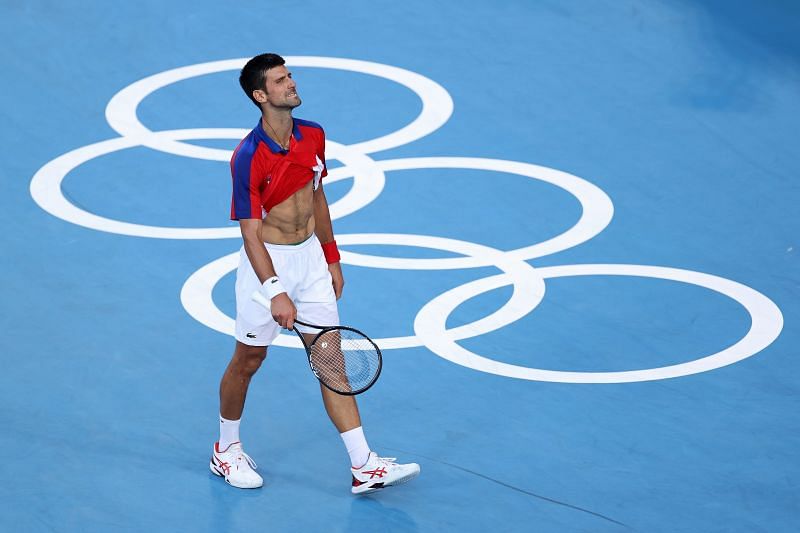
Tokyo Olympics 2021: Why India fails to live up to medal predictions
In the lead-up to the Tokyo Olympics 2021, Gracenote, the world's leading data and analytics company, had predicted a record haul of 19 medals for the Indian contingent.
They had even forecasted what the medals table would look like for each country. On it, India took the 18th spot with 19 medals, including four golds, nine silvers and six bronzes. Before every edition of the Games, many such predictions are routinely made by fans, journalists, and pundits alike. All of which paints a rosy picture of the country's upcoming Olympic campaign in the minds of readers, predicting several medal winners across disciplines.
Most predictions for the past two editions have forecast the country's medal tally to go into double digits. But what eventually transpired was far from rosy. With two medals at the Rio Games and two so far in the Tokyo Olympics 2021, we are nowhere close to the predicted results.
However, the bigger Olympic nations like the USA, Russia and China are not off by as much. They more or less end up where they were predicted to. So then why just us? What's the reason behind this unnerving trend? Let's delve deeper to find out.

To unravel the trend, we have to first understand how these predictions are made. Most of them take into account recent form and statistical data from past tournaments, and world rankings, among other factors.
Companies such as Gracenote use sophisticated data-handling tools and algorithms to make predictions, along with an extensive database. This is important because once we understand how the predictions are made, we can try and figure out why they go awry.
Nature of the beast
The nature of the sports for which predictions are made plays a big role in their eventual accuracy. Take, for example, the last two editions of the Olympics. Both featured shooting as the nation's biggest medal hope.
Every sport has its share of uncertainty, but some more so than others. Shooting is definitely one such discipline where the tide can turn on you dangerously fast if it's not your day.
So when the shooters falter collectively, like they did both in Tokyo and Rio, it can lead to the entire prediction going awry and that too by a mile. The much-heralded Indian shooting contingent failed to deliver on the day it mattered and this dealt a big blow to the Indian Olympic campaign.

Unreliability of the data
Sports is so much more than what the scoreline tells you. It's nigh on impossible to read and analyze a game solely by numbers. So when you read certain data, it's always advisable to take it with a pinch of salt. A lot of these predictions were based on rankings and form in tournaments leading up to the Olympics.
But this data can be unreliable. For example, Deepika Kumari is the world No. 1 in archery. However, it discounts the fact that all Korean archers withdrew from the World Cup where she won the gold. The performance at these events is still considered for the rankings and the predictions, and it results in misleading data.
Futility of the numbers
Sometimes numbers and rankings, even though they accurately reflect the playing field, can be nullified at an event like the Olympics. Upsets and surprises are part and parcel of sport but more so at the quadrennial event, where dreams are made and shattered. The pressure is enormous and even the best can succumb to it.
It's safe to say that no past event can be a reliable predictor of what the future might hold. This points to the nature of the Olympics themselves as an event filled with uncertainty, where micro predictions always have a chance of falling apart.
We saw Novak Djokovic go down twice in the span of two days. Katie Ledecky faced an upset, and a number of Indian athletes such as Amit Panghal and Manu Bhaker went down against unlikely rivals.
On the other hand, there are dark horses that defy all odds and spring to the fore, like Lovlina Borgohain in 2021 and Sakshi Malik and PV Sindhu in 2016. The bigger Olympic nations experience similar upsets as well. However, the sheer size, quality, and diversity of their contingent — with multiple medal hopes fielded in most events across the Games — means that the upsets are offset by other athletes who rise to the occasion.
So even though a number of micro predictions are off due to upsets and disappointments, the overall medal predictions hold true for the most part.

All these are by no means excuses or justifications for the shortcomings of the Indian athletes. Rather, they are insights into why numerical and statistical data alone cannot paint an accurate picture. At the end of the day, it's a sport and any prediction can fall prey to its daunting uncertainty.
At an event like the Olympics, there are hundreds of variables involved and numbers simply cannot do justice to all of them. So the next time you read an overambitious prediction, try viewing it through an objective lens rather than just relying on numbers and data. And even then, there's a chance that it might fall prey to the beast that is the Olympics.
Check Out: Tokyo Olympics 2021 Schedule